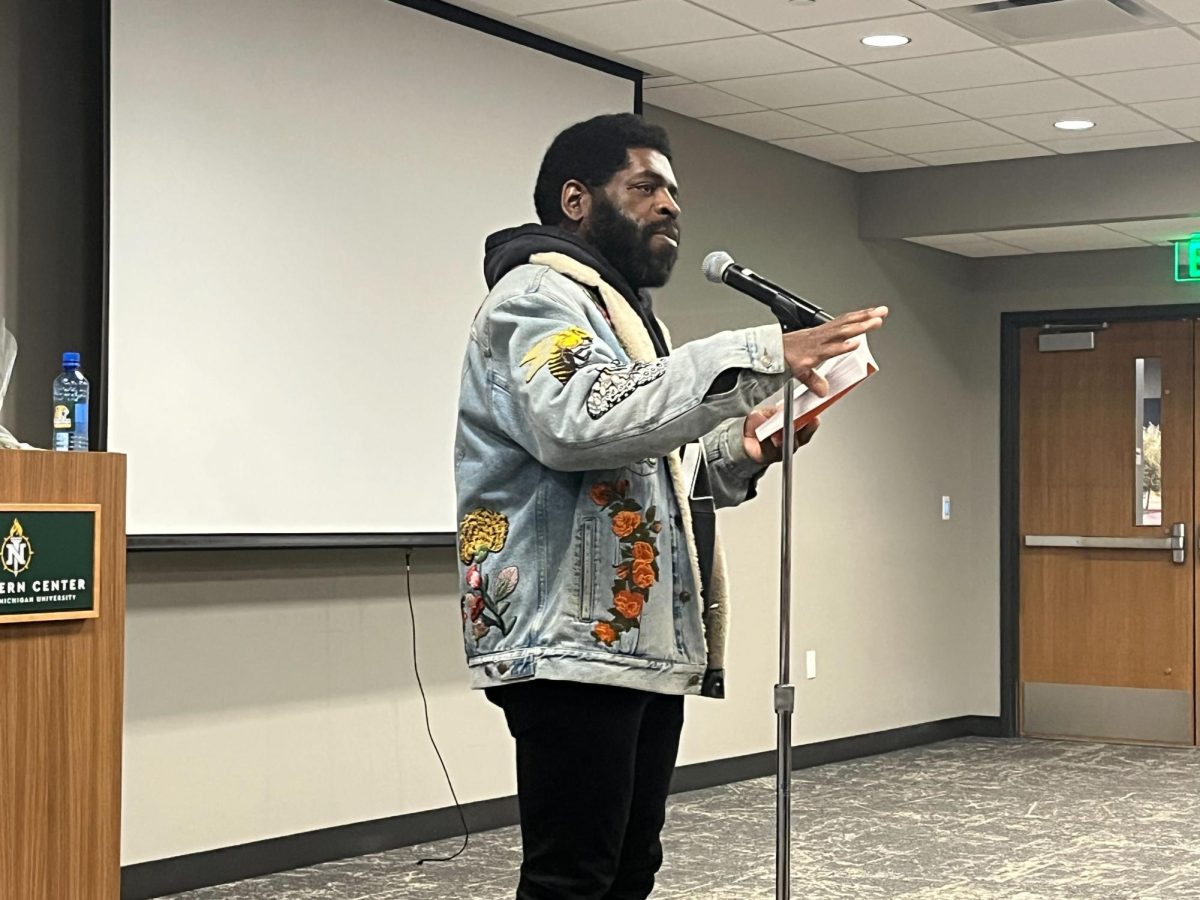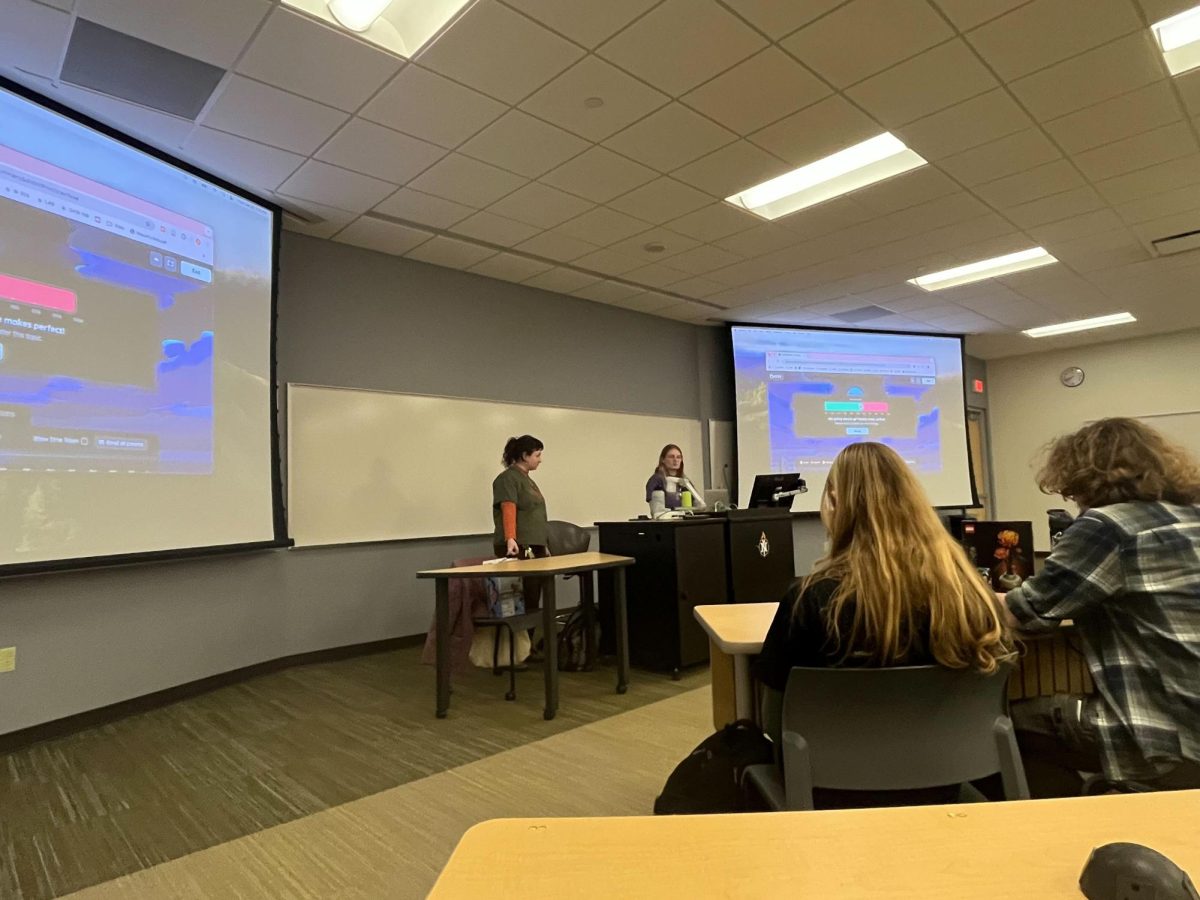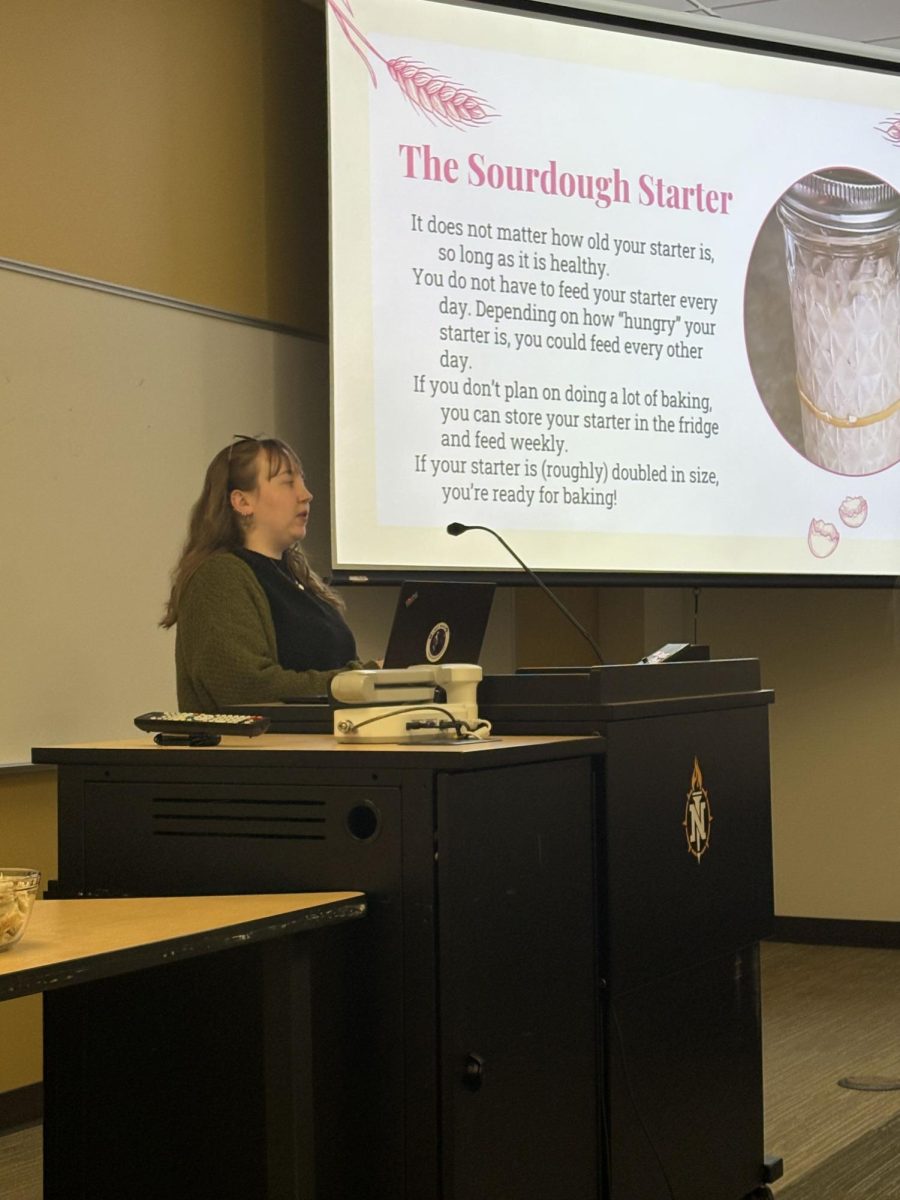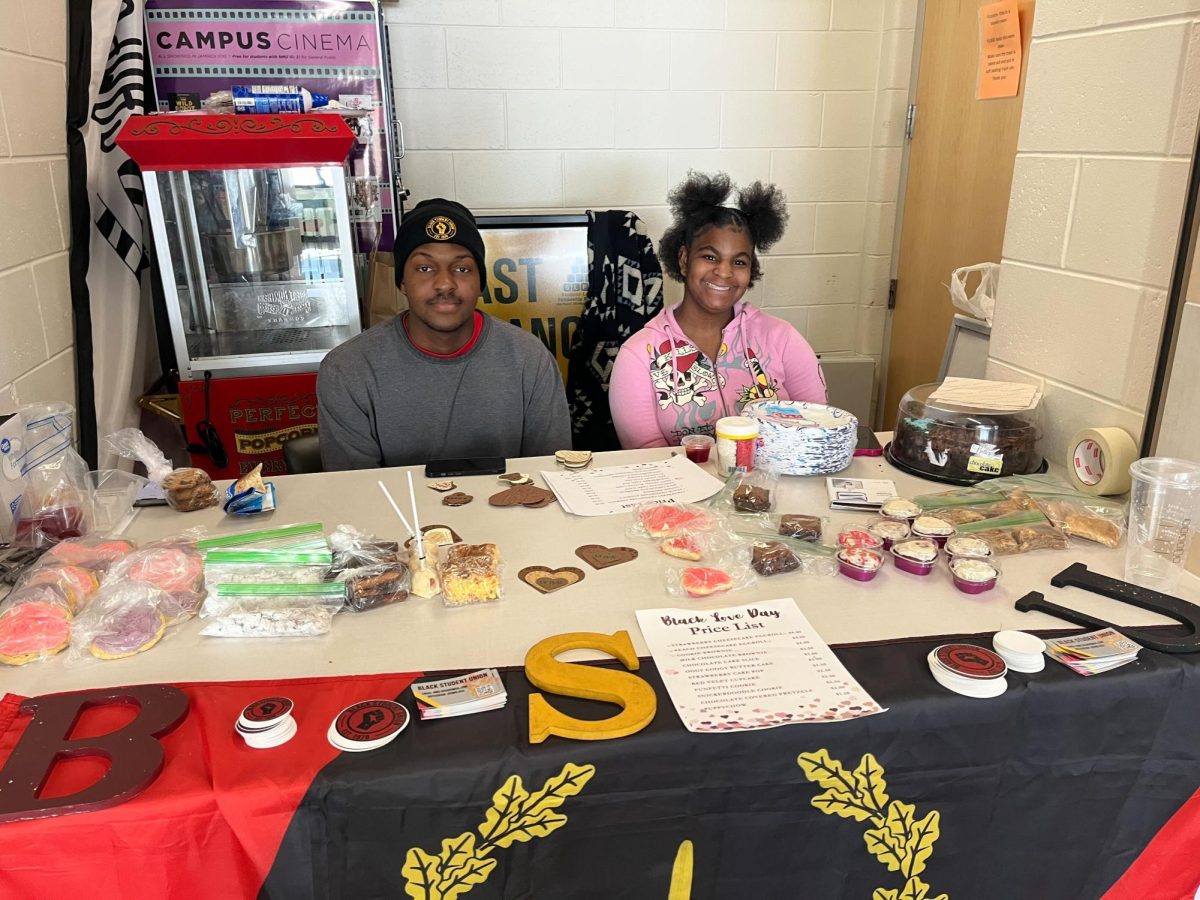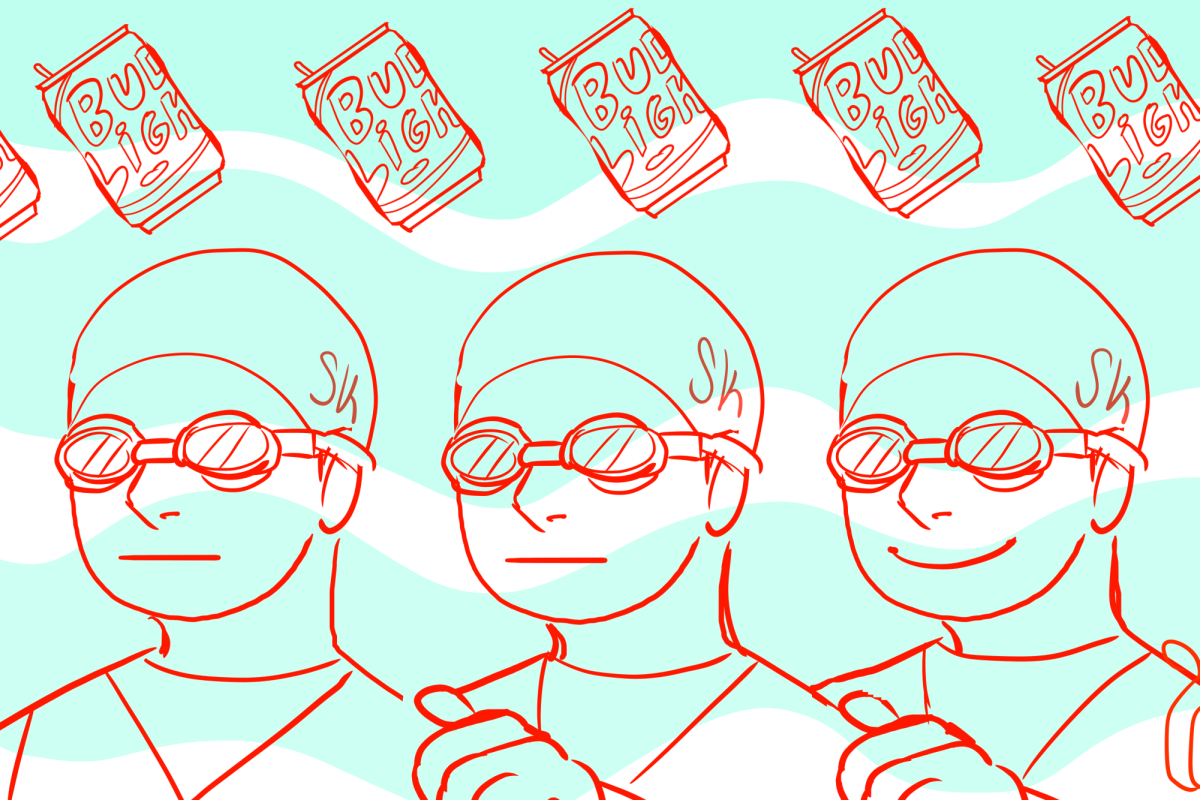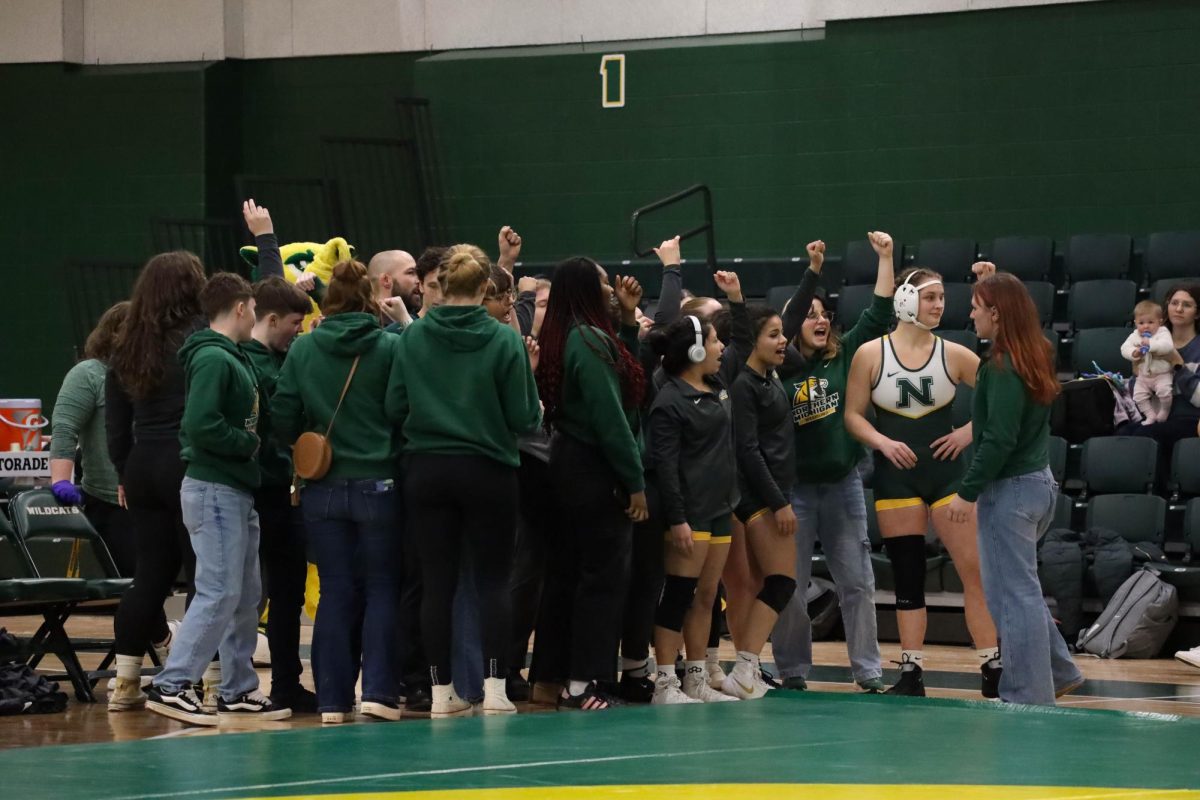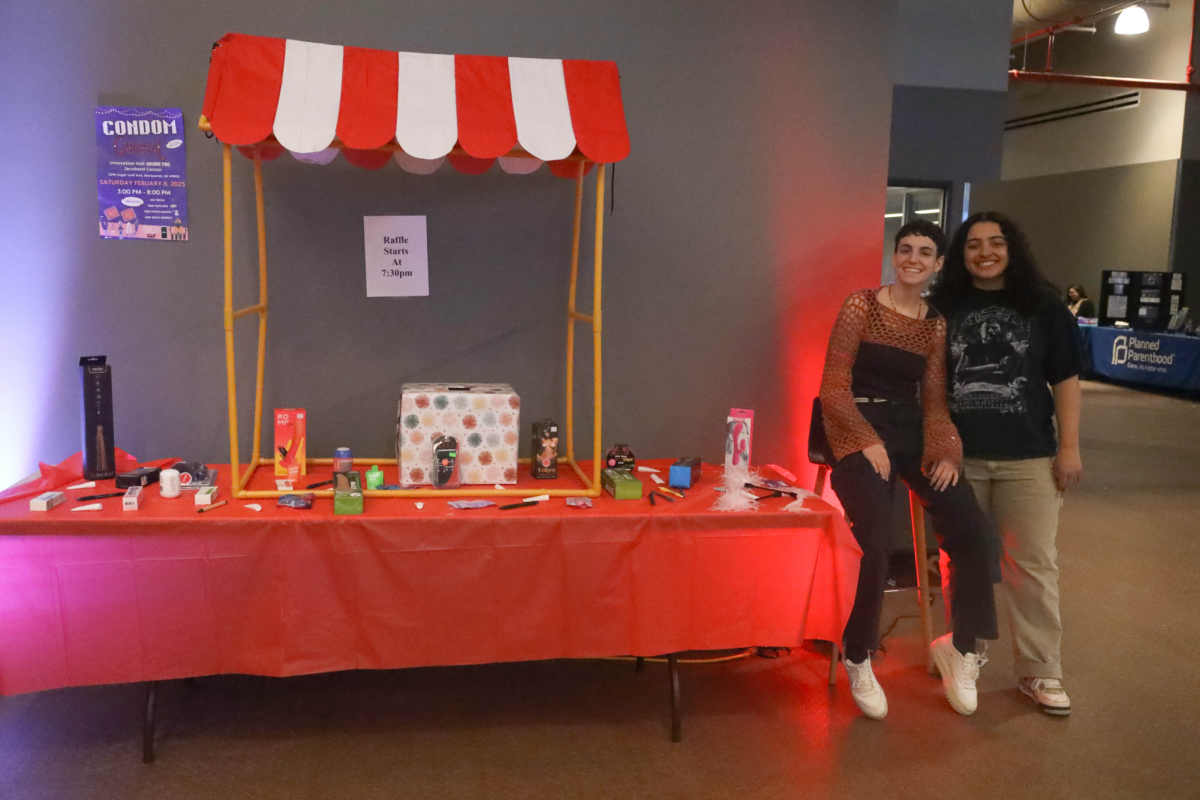There are two ways to view the world. The first is to treat people as adults capable of making their own decisions and facing the benefits and consequences of their decisions, rooted in a belief that we have free will. The other is to chalk everybody’s actions up to simply being a “product of their environment” and abdicate them of any responsibility for their actions and therefore assert that true free will does not exist.
The debate between these perspectives lies at the root of almost every political controversy we observe. The former will lead many to conclude a limited, hands-off government is best, while the latter will prompt people to use the government as a mechanism of equity, especially in regards to welfare. Should people be responsible for themselves, or can we apply the government as a paternalistic system to alleviate poverty?
The Brookings Institute conducted a study that determined that if people could follow three simple rules, they would not end up in long-term poverty, and 75% would even join the middle class. The secrets to success are surprisingly simple: finish high school, get a full-time job and wait until age 21 to get married and have children. People who do not follow these guidelines make up the overwhelming majority of those living in long-term poverty, as a consequence of their decisions.
One would think a study like this would be met with joy because it means people have the means to control their future. Yet, for some reason, people don’t like hearing that they are responsible for their own lives. Instead of it being empowering, some find it invalidating.
People today will externalize their problems at every chance. They can’t make rent because “they’re underpaid,” not because they’re irresponsible with their spending. They can’t pass the exam because “their professor is unfair,” not because they didn’t study enough. There is no lie more harmful than telling people they are helpless. Yet victim culture continues to perpetrate this mentality. Truth is rarely comfortable.
I’m not coming from a place lacking empathy. My parents had me out of wedlock at 22 years old. They didn’t inherit anything, they didn’t have anything, they were just two people at a New Years party who got busy. Thankfully, they didn’t let the situation dictate their future. Instead, they grew more determined to make a success out of themselves. I grew up wearing Goodwill clothes, eating bread from thrift stores and watching my parents stretch every dollar to its limit. I watched my dad build our entire house with his hands and watched my parents work two jobs each to support us. I started my first job at 14 and wore bread bags in my boots while pushing carts at Walmart because I had holes in the soles.
My parents taught me that our success or failure is determined by our actions. We can blame our ancestors for the conditions we’re born into, but we only have ourselves to blame for what we make of it. As Mark Cuban says, the best Ph.D you can have is being poor, hungry and driven. We can let our situation dictate our life, or we can use it as motivation to fuel our own success.
This is very much a “pull yourself up by your bootstraps” idea. Additionally, it’s a component of the worldview that we all have free will and should be able to make our own decisions and face the consequences. The idea of freedom includes the freedom to fail. Bailing out people for bad decisions has the same effect as bailing out banks who make bad loans: there’s no incentive to do better, so the cycle will perpetuate. Generational poverty is only generational in the sense that bad parents teach bad habits to their kids, who go on to do the same.
I’ll agree that some level of a safety net is appropriate. I would even support expanding welfare to unimaginable proportions to help children and ensure their safety. I can also see the merit in some welfare for adults, but not to the extent that we have now. We shouldn’t be handing people welfare checks, we should be equipping them with the best tools we can to help them succeed on their own. As the proverb goes, “Give a man a fish, and you feed him for a day. Teach a man to fish, and you feed him for a lifetime.” Let’s consider improving K-12 education, funding entrepreneurial programs and steering kids into trade school training programs.
As long as we continue to incentivize irresponsibility, nothing will get better.

